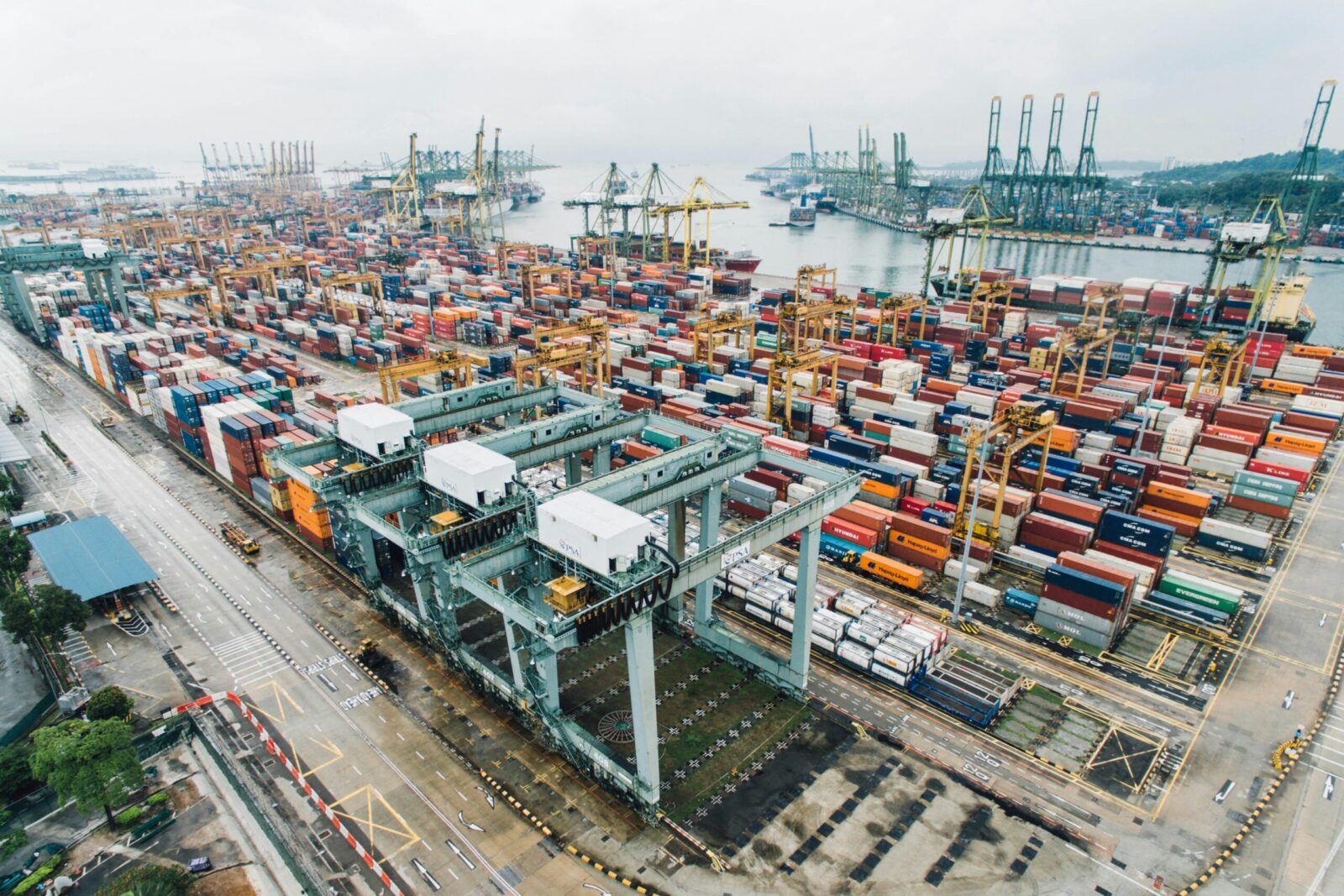
How to Optimize Supply Chain Management?
Introduction Today’s complex and turbulent business environment requires effective supply chain risk management. As global supply networks become more intertwined,...

Get 10€ off on your first order!
Complicated ideas, logistics and supply chain management plan goods and services across a supply chain. By streamlining procedures, raising efficiency, cutting expenses, and raising customer service, it keeps companies competitive. This essay will address main components, usual problems, best practices, definition, and benefits. We will also talk about assembling a competent staff for this important corporate operation. Discover the challenges in supply chains management and logistics.
Logistics is “the coordinated movement of resources – people, materials, inventory, and information – to ensure the efficient and effective execution of company operations” (Logistics Management, 2010). It comes from the Greek word for reason or calculation.
Logistics is now considered a crucial business function that must be integrated with marketing, sales, manufacturing, finance, and customer service to achieve customer satisfaction, profitability, and competitive advantage.
The Council of Logistics Management (CLM) defines logistics as “that part of the supply chain process that plans, implements, and controls the efficient forward and reverse flow and storage of goods, services, and related information between the point of origin and the point of consumption in order to meet customers’
Logistics include procurement/purchasing, warehousing/inventory management, transportation/distribution, packaging/crating, order processing, return products handling, customer support, and more. A good logistics department must smoothly combine these operations to optimise supply chain performance.
Supply chain management coordinates and manages all firm actions to bring a product or service to the client. This covers raw material sourcing, manufacture, and distribution.
Supply chain management aims to make and deliver items quickly and cheaply. Supply chain managers must understand all the stages involved in moving a product from A to B to achieve this. To keep everyone on track, they must communicate well with all parties and departments.
They are often used interchangeably, yet they are very different. Logistics involves planning, implementing, and regulating the efficient movement of commodities, services, and information from origin to consumption. The transfer and storage of raw materials, WIP, finished items, and information are included. Supply chain management (SCM) systems oversee the movement of information, goods, and money from suppliers to customers. SCM encompasses supplier relationships, production processes, product development, customer service, and more beyond logistics.
This job has several rewards. It may be a secure career with strong prospects. You can earn bonuses and competitive wages. Work may be tough and exciting, and you can travel. Many of these occupations provide flexible hours or work-from-home options.
It require several skills suck as:
Logistics & supply chain management (SCM) are crucial to corporate success. They ensure consumers receive goods and resources on schedule and in the right quantity.
A successful logistics and SCM organisation is difficult to manage. These procedures can be affected by several circumstances, including:
1. schedule management – Supply chain delays can make it difficult to deliver goods and materials on schedule. This might hurt client satisfaction and lose business.
2. Cost management – Logistics and SCM are very expensive, making cost management difficult. Saving on freight can boost profits.
3. Inventory management – Logistics and SCM businesses must keep proper inventory levels, but demand changes make it difficult. Too much or too little inventory might cause stockouts or high carrying costs.
4. Risk management – Logistics and SCM can disrupt the supply chain, making risk management difficult. Supply chain interruptions can hurt sales, earnings, and customer happiness.
LSCM are crucial to businesses. Without good logistics, firms would struggle to deliver their products on schedule, losing money and frustrating consumers. Logistics is crucial to shipping products and finding cost-effective routes. Supply chain management ensures a seamless operation with little delays or disturbances. Understanding these two disciplines helps organisations run smoothly and satisfy customers.
Thank you! You've signed up for our newsletter.



















Introduction Today’s complex and turbulent business environment requires effective supply chain risk management. As global supply networks become more intertwined,...

Lean logistics applies lean management to supply chain performance. Lean Logistics eliminates non-value-added procedures to improve commodity flow and cut...

Introduction Rapid technical breakthroughs and changing market conditions are shaping supply chain management. Businesses must adapt to these changes to...

Introduction Today’s complex and turbulent business environment requires effective supply chain risk management. As global supply networks become more intertwined,...

Lean logistics applies lean management to supply chain performance. Lean Logistics eliminates non-value-added procedures to improve commodity flow and cut...

Introduction Rapid technical breakthroughs and changing market conditions are shaping supply chain management. Businesses must adapt to these changes to...
Get 10€ off on your first order!
Save 30% by buying directly from brands, and get an extra 10€ off orders over €100
Save 30% by buying directly form brands, and get an extra 10€ off orders over €100